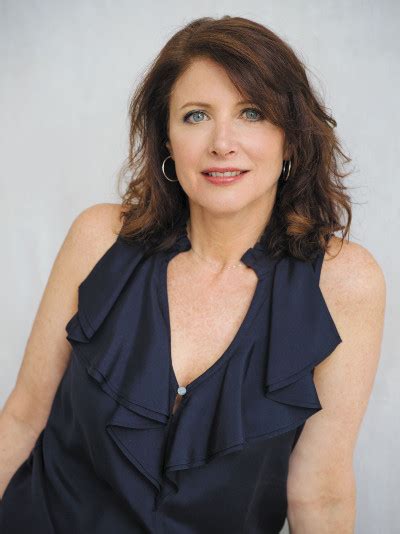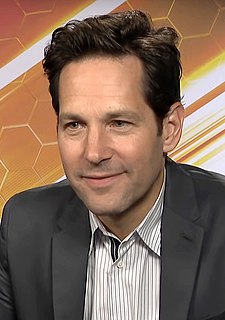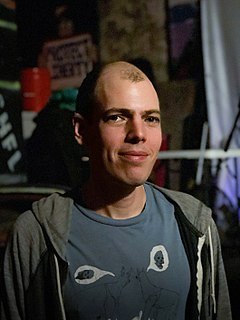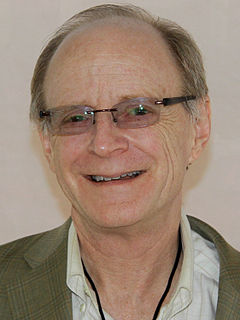A Quote by Terry Eagleton
Readers are less and less seen as mere non-writers, the subhuman "other" or flawed derivative of the author; the lack of a pen is no longer a shameful mark of secondary status but a positively enabling space, just as within every writer can be seen to lurk, as a repressed but contaminating antithesis, a reader.
Related Quotes
I have a total responsibility to the reader. The reader has to trust me and never feel betrayed. There's a double standard between writers and readers. Readers can be unfaithful to writers anytime they like, but writers must never ever be unfaithful to the readers. And it's appropriate, because the writer is getting paid and the reader isn't.
I have seen how leaders rule by intimidation. Leaders who demonize and dehumanize entire groups of people often do so because they have nothing else to offer. And I have seen how places that stifle the voices and dismiss the potential of their citizens are diminished: how they are less vital, less hopeful, less free.
The funny thing is that some reviews are published in magazines and websites that are seen by millions of people, and other reviews are in very small publications or less popular websites, and you just have to be lucky to have the good reviews land in places where more people see them, and bad reviews land in places where they will be less seen.
Books are just dead words on paper and it is the readers who bring the stories alive. Previously, writers wrote a book and sent it out into the world. A couple of months after publication letters from readers might arrive. And, leaving aside the professional reviews, it is really the reader's opinions that the writer needs. They vote for a book - and a writer - with their hard earned cash every time they go into a bookstore (or online - that's my age showing!) and buy a book.
As soon as I start to write I'm very aware, I'm trying to be aware that a reader just might well pick up this poem, a stranger. So when I'm writing - and I think that this is important for all writers - I'm trying to be a writer and a reader back and forth. I write two lines or three lines. I will immediately stop and turn into a reader instead of a writer, and I'll read those lines as if I had never seen them before and as if I had never written them.
Every reader, as he reads, is actually the reader of himself. The writer's work is only a kind of optical instrument he provides the reader so he can discern what he might never have seen in himself without this book. The reader's recognition in himself of what the book says is the proof of the book's truth.



































